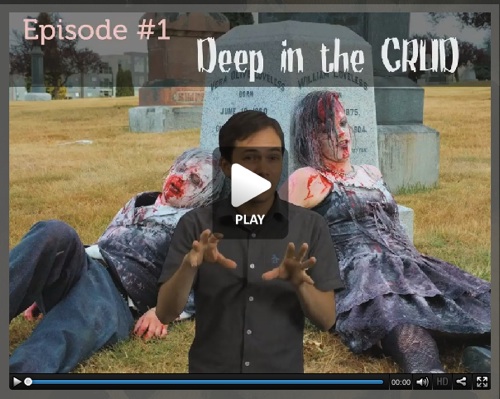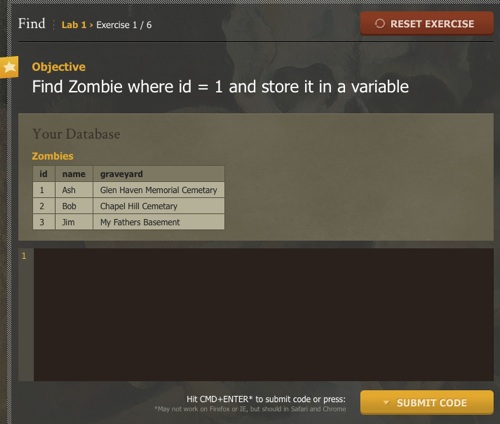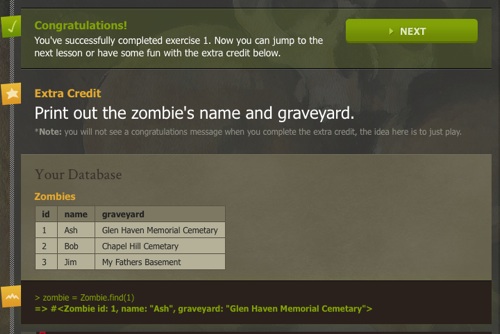 In this week’s episode, I tackle the tough question of whether a college degree is worth the expense. My focus is for programmers, but you can easily apply my logic to your course of study.
In this week’s episode, I tackle the tough question of whether a college degree is worth the expense. My focus is for programmers, but you can easily apply my logic to your course of study.
If you listen to the podcast, I can understand if you might think that I have a confirmation bias because I ultimately recommend the course that I’ve taken. I have honestly been aware of that and tried to take it into account as I formed my opinion to share on this podcast. I not only looked at my life, but at others who took many different paths and compared the outcomes. Over and over again, I saw a pattern emerge and that pattern is what led to what has now become episode 15 of the podcast.
As I mention on the episode, if you disagree with me, I’d love to hear your side. I hope that you also will try to look past only your own experience, but I’m interested in everyone’s opinion. You can just comment here on this blog post or make your own blog or podcast rebuttal and just let me know here or on my Twitter.
You can also subscribe to the podcast at any of these places:


Thanks to all the people who listen, and a special thanks to those who have rated me. I really appreciate it.
The episodes have been archived. Click Here to see the archive page.
 On Thursday of this past week,
On Thursday of this past week, 


